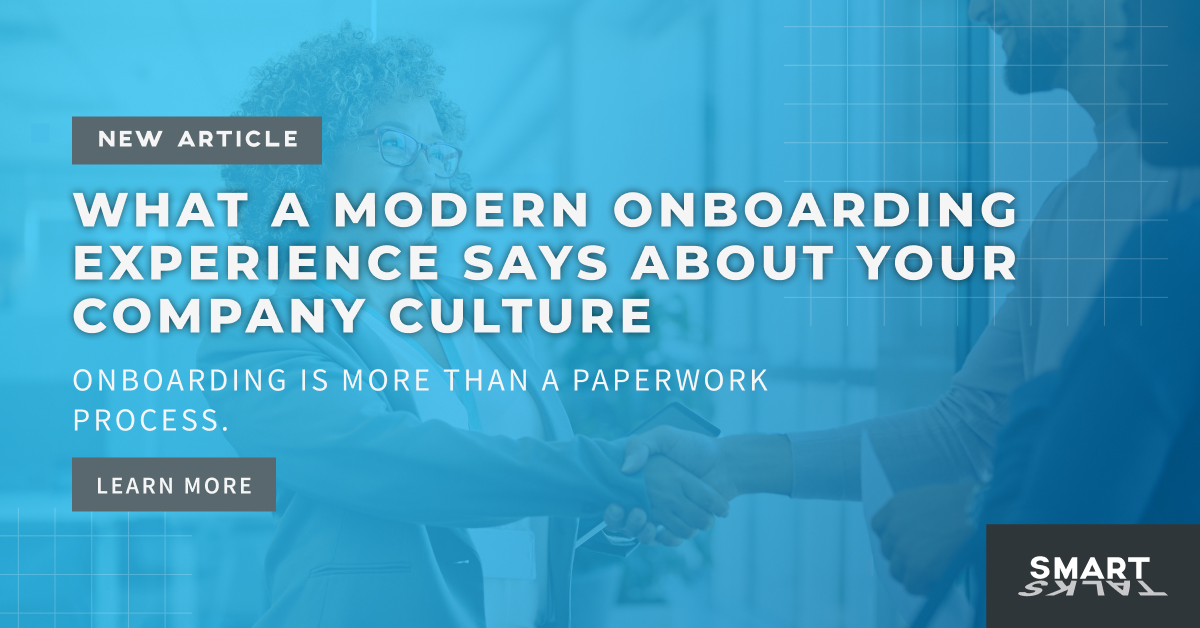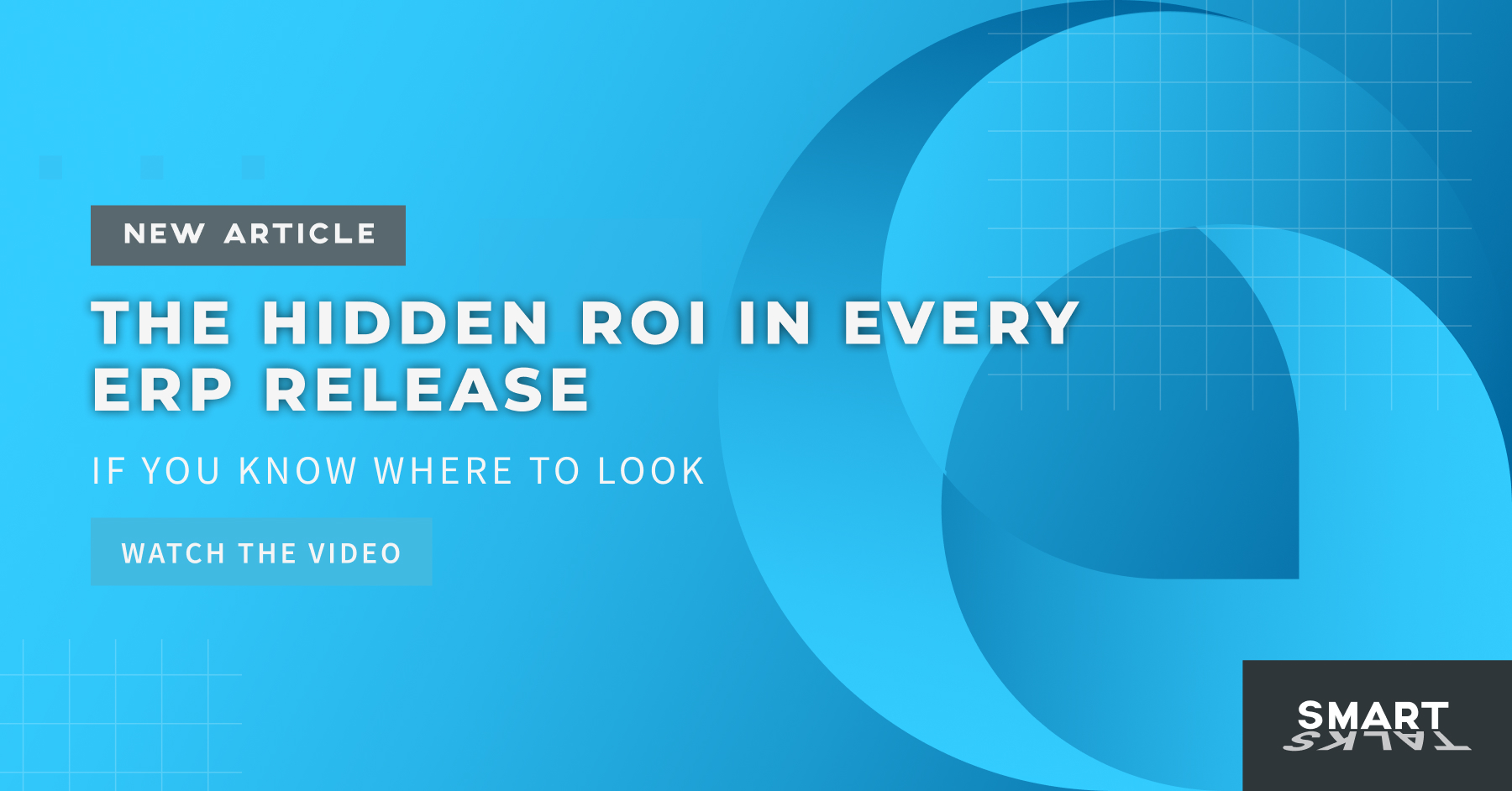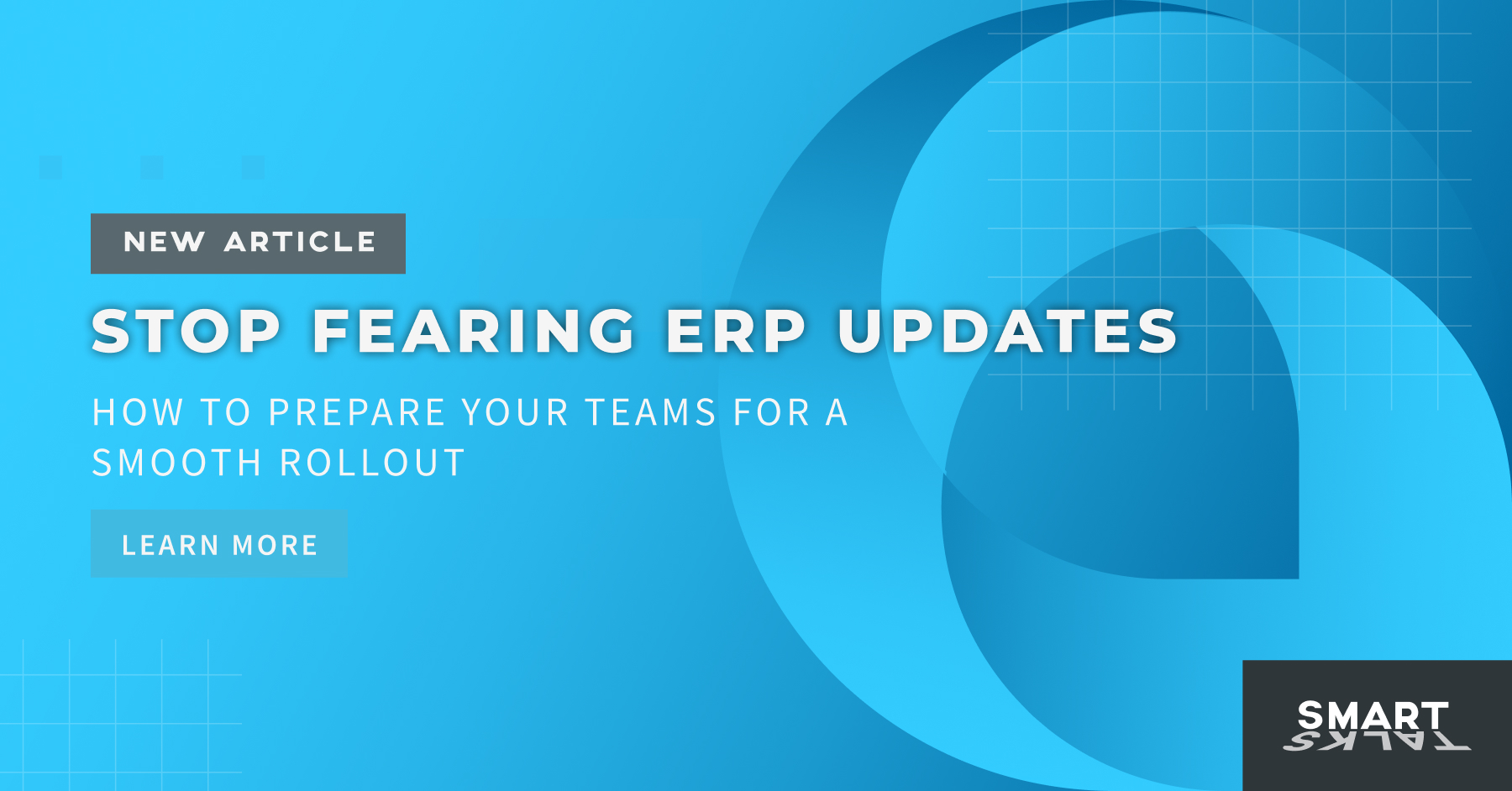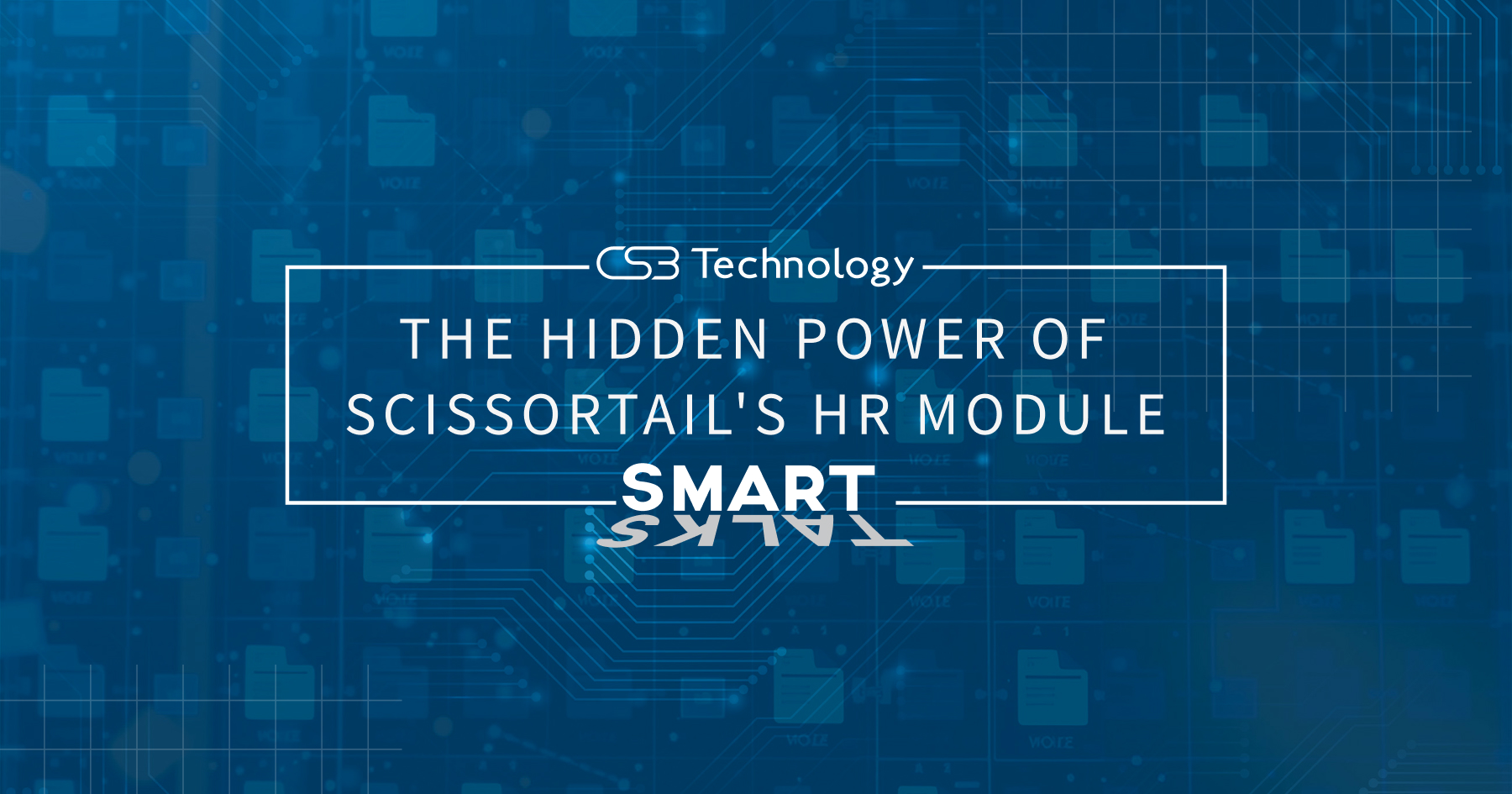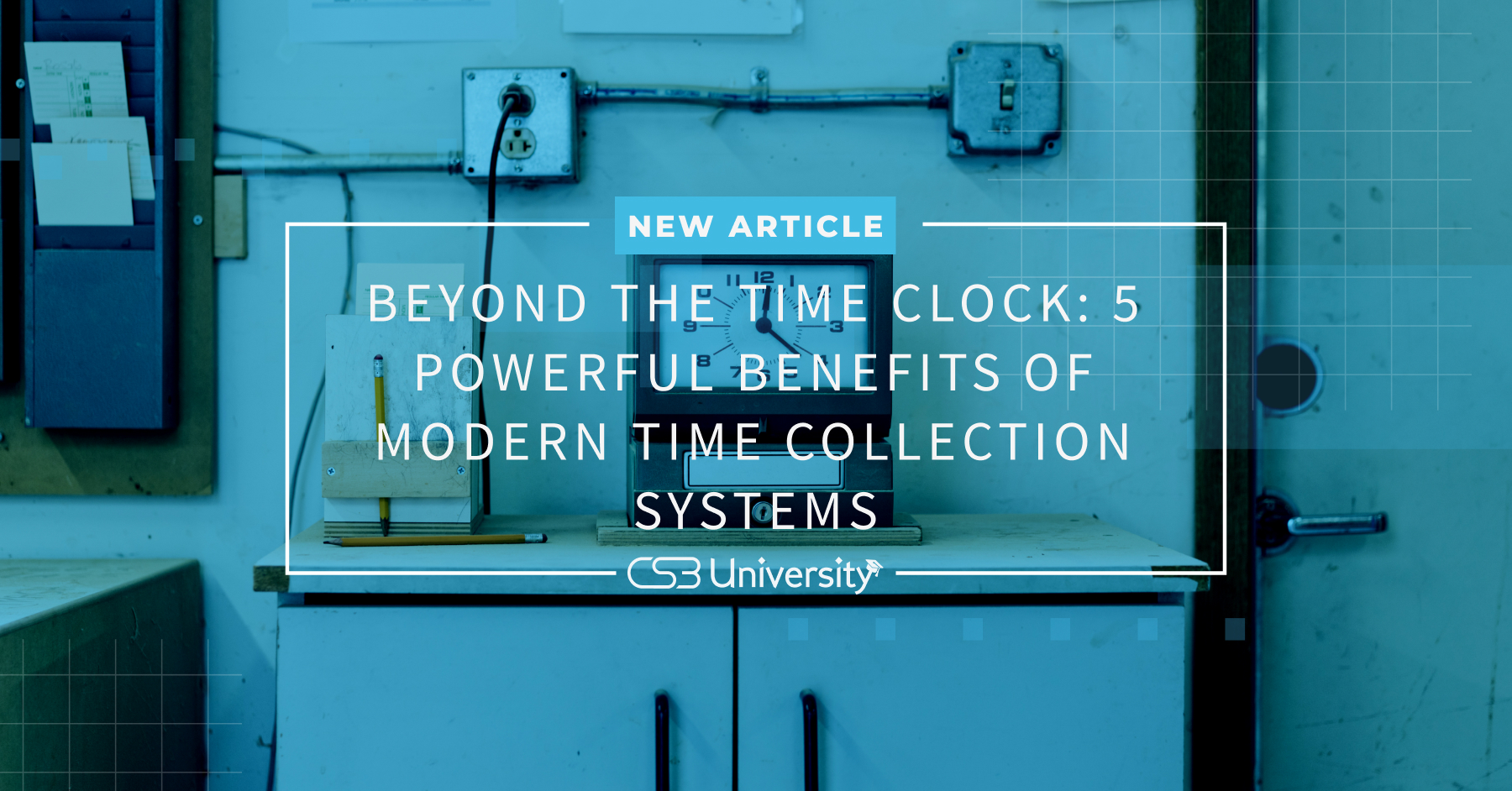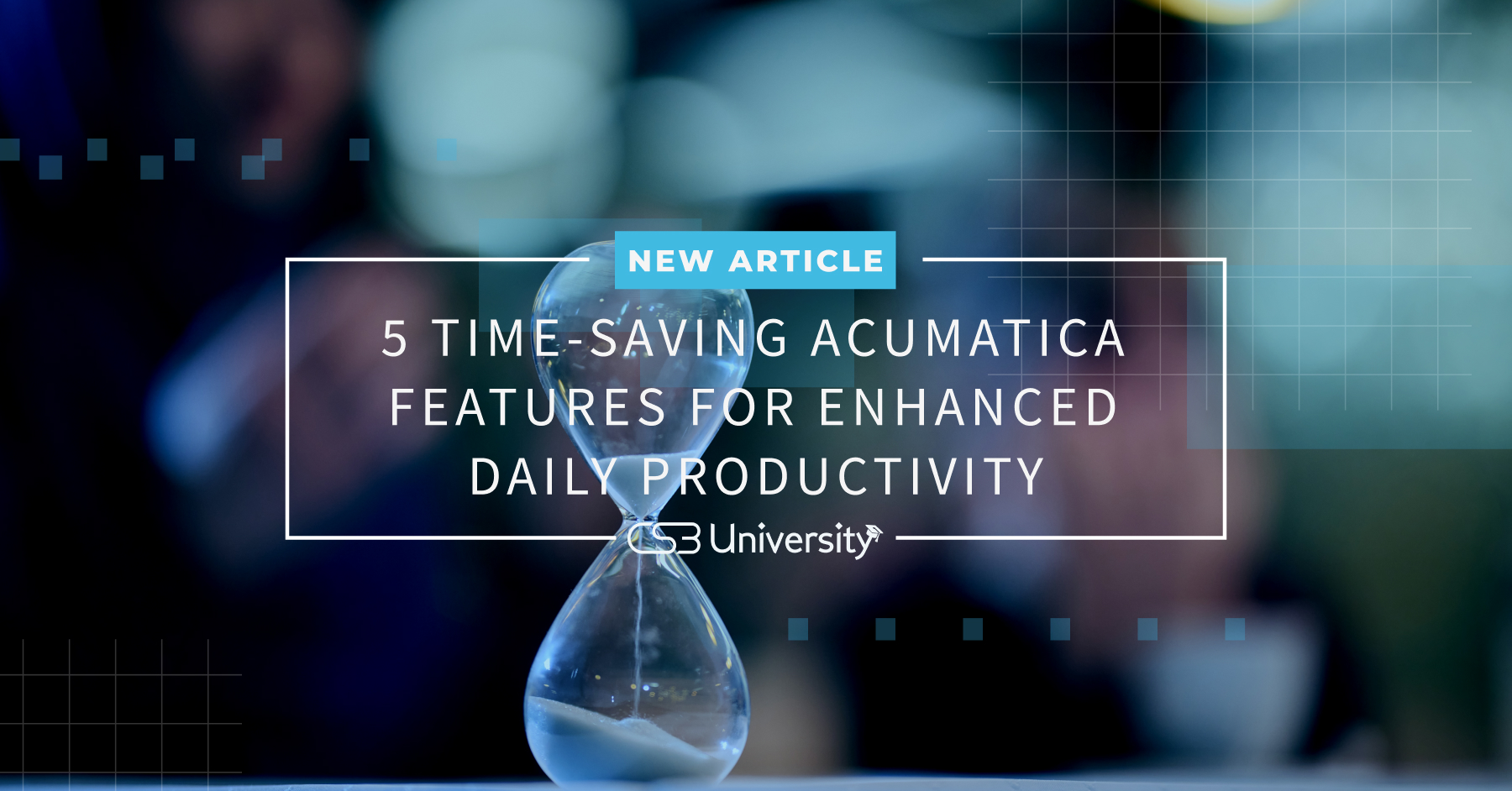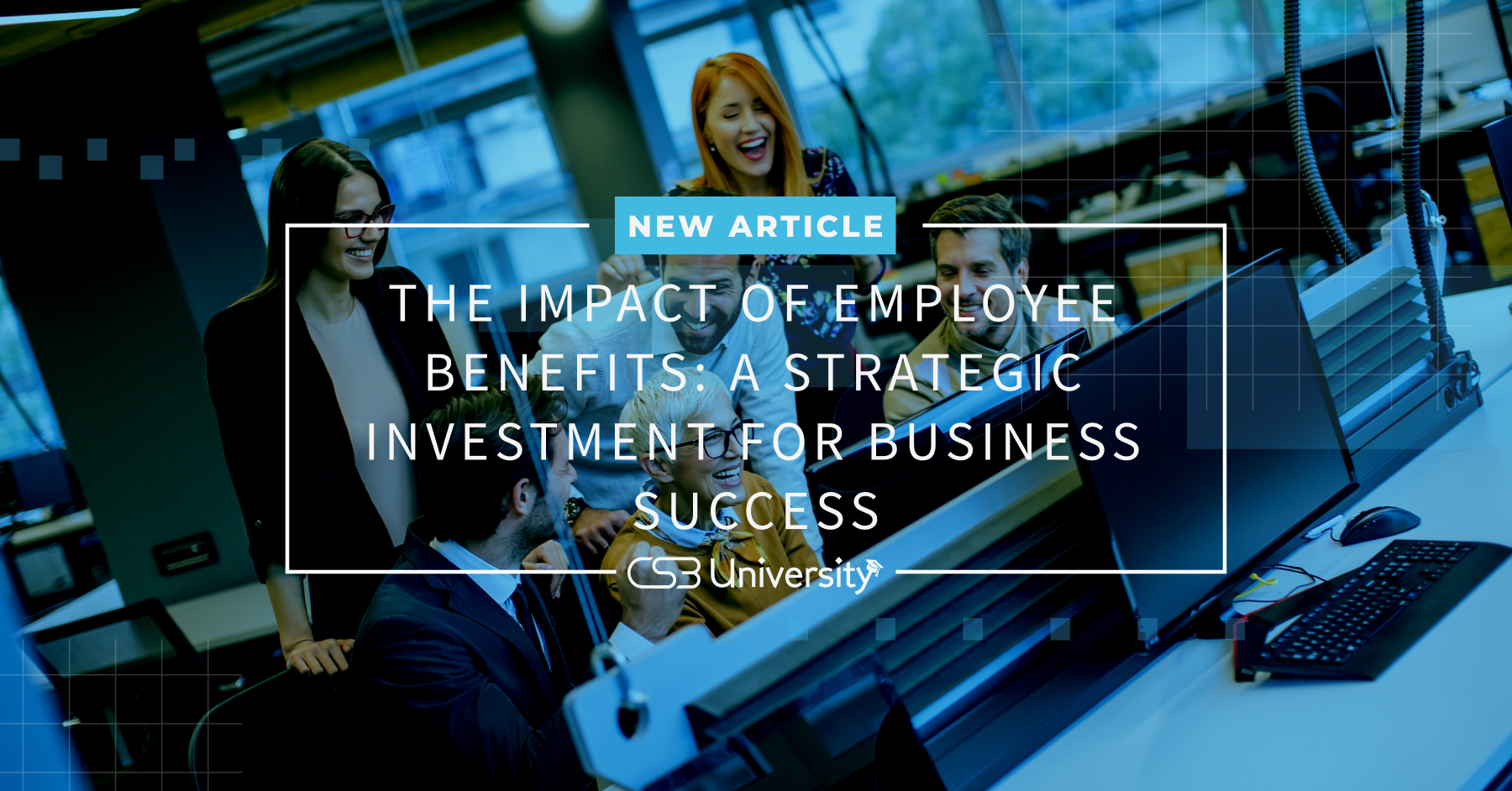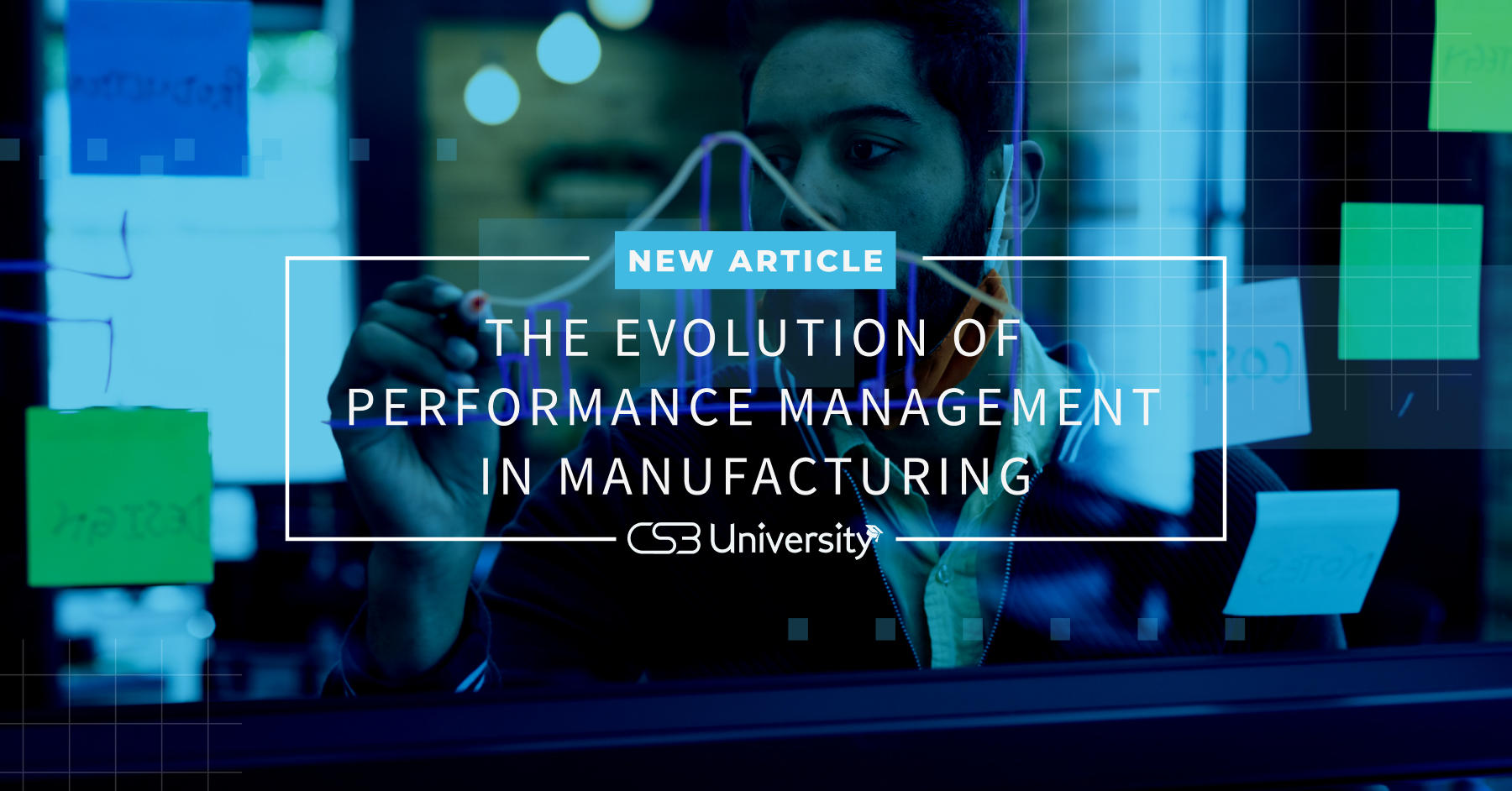Downloadable Resource
Blog
Webinar Recording
Success Story
Article
Technical Article
Video Insight
Trade Show
Webinar
Tutorial
Video Demo

HR Challenges in Modern Manufacturing
Navigating the Evolving Workplace
Join us on
July 22, 2025
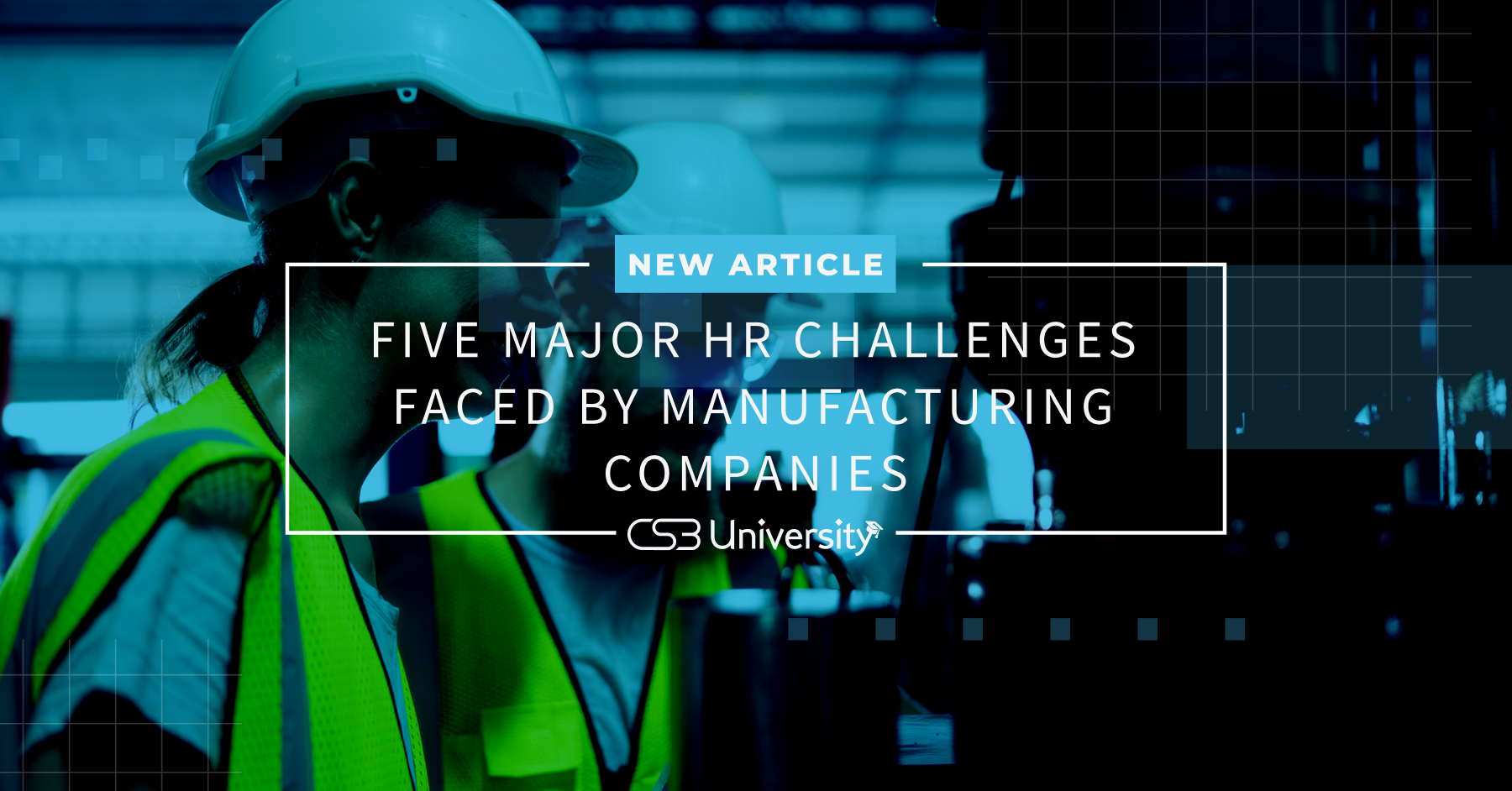
Download Now
The manufacturing landscape is undergoing a significant transformation—and with it, the demands on Human Resources departments are evolving at an unprecedented pace. From talent acquisition to employee retention, today's HR professionals in manufacturing face unique challenges that require innovative solutions.
Manufacturing has always been the backbone of economic growth, but the sector now confronts a perfect storm of workforce challenges: demographic shifts, technological advancements, and changing employee expectations. Forward-thinking HR leaders are recognizing that traditional approaches no longer suffice in this new environment.
Event Details
Price:
$
USD
Location:
Virtual
Address:
The Shifting Manufacturing Workforce Landscape
Manufacturing has historically relied on skilled craftspeople who developed expertise through years of hands-on experience. Today, as veteran workers retire and fewer young professionals pursue careers in manufacturing, companies face significant gaps in their talent pipeline.
This talent shortage occurs precisely when manufacturing is becoming more technologically sophisticated, requiring workers who can operate advanced machinery, interpret data, and adapt to automation. The result is a competitive hiring environment where manufacturers must work harder than ever to attract and retain skilled employees.
According to a study by Deloitte and The Manufacturing Institute, the U.S. manufacturing skills gap could leave as many as 2.1 million jobs unfilled by 2030, potentially costing the economy $1 trillion.
Five Critical HR Challenges in Modern Manufacturing
Let's explore the most pressing HR challenges facing manufacturing organizations today and examine effective strategies for addressing them.
1. Attracting Quality Candidates in a Competitive Market
The days when manufacturing companies could easily fill positions through word-of-mouth or basic job postings are long gone. Today's labor market demands a sophisticated recruitment approach that speaks to a diverse talent pool with different priorities and expectations.
The challenge is twofold: manufacturers must overcome outdated perceptions of factory work while simultaneously communicating the high-tech, rewarding nature of modern manufacturing careers.
Effective Strategies:
- Develop compelling employer branding that showcases your technology investments and workplace culture
- Implement user-friendly recruitment tools that streamline the application process
- Partner with technical schools and community colleges to develop talent pipelines
- Create apprenticeship programs that allow candidates to earn while they learn
- Leverage digital platforms to reach younger candidates where they spend their time online
2. Retaining Top Performers Through Engagement and Growth
In today's manufacturing environment, retention is just as crucial as recruitment. The cost of turnover—including lost productivity, training expenses, and institutional knowledge—can be devastating to manufacturers operating on tight margins.
Modern manufacturing employees, particularly younger workers, seek more than just competitive pay. They value transparency, regular communication, professional development opportunities, and a positive workplace culture.
Retention Best Practices:
- Implement real-time communication tools that keep employees informed and engaged
- Develop comprehensive benefits packages that address diverse employee needs
- Create transparent PTO management systems that respect work-life balance
- Establish clear career pathways within the organization
- Foster open communication between management and staff through regular check-ins
3. Embracing Technology to Engage an Evolving Workforce
As digital natives enter the manufacturing workforce, their expectations around technology adoption, training methods, and workplace communication have evolved dramatically. Organizations relying on paper-based processes or outdated systems find themselves at a significant disadvantage when it comes to attracting and engaging these workers.
Technology adoption isn't just about appeasing younger workers—it's about creating efficiencies that benefit the entire organization. Digital transformation in HR processes can reduce administrative burden, provide valuable workforce insights, and create more meaningful employee experiences.
Technology Implementation Strategies:
- Deploy comprehensive Learning Management Systems to deliver consistent training
- Adopt mobile-friendly HR platforms that employees can access anywhere
- Implement digital onboarding processes that create positive first impressions
- Use data analytics to identify training needs and workforce trends
- Integrate HR technology with production systems for holistic workforce management
4. Prioritizing Safety and Compliance in a Complex Regulatory Environment
Manufacturing environments present inherent safety challenges, and regulatory requirements continue to evolve. HR departments must ensure consistent safety training, maintain detailed compliance records, and foster a culture where safety is everyone's responsibility.
Beyond meeting legal requirements, robust safety programs directly impact productivity, insurance costs, and employee satisfaction. Organizations with strong safety cultures typically experience lower turnover and higher employee engagement.
Safety and Compliance Solutions:
- Implement systematic safety training programs with regular refresher courses
- Create automated compliance calendars to ensure timely training
- Develop user-friendly reporting systems for safety concerns
- Maintain comprehensive digital training records for audit purposes
- Empower safety committees with access to relevant data and resources
5. Managing Employee Performance in a Data-Driven World
Traditional annual performance reviews are increasingly giving way to continuous feedback models that better serve today's manufacturing environment. Effective performance management helps identify training needs, recognize high performers, and address productivity issues before they impact operations.
In manufacturing, where output metrics are often clearly defined, HR has an opportunity to create performance systems that align individual contributions with organizational goals in transparent, motivating ways.
Performance Management Innovations:
- Implement structured, regular performance conversations beyond annual reviews
- Create collaborative goal-setting processes between managers and employees
- Develop early intervention programs to address performance challenges
- Use performance data to identify high-potential employees for advancement
- Link performance outcomes to tangible recognition and rewards
The Path Forward: Integrating HR and Operations
The most successful manufacturing organizations recognize that HR isn't just a support function—it's a strategic partner in achieving operational excellence. By breaking down silos between HR and operations, manufacturers can create more responsive, resilient workforces.
This integration requires HR professionals to develop deep knowledge of manufacturing processes, while operations leaders must understand workforce dynamics. The result is a collaborative approach where HR initiatives directly support production goals, and operational decisions consider human impact.
Key Steps for HR-Operations Integration:
- Include HR leaders in production planning and strategy discussions
- Develop cross-functional teams to address workforce challenges
- Implement technology solutions that connect HR and operations data
- Create shared KPIs that measure both human and operational performance
- Establish regular communication channels between HR and production teams
Conclusion: Transforming Manufacturing HR for the Future
The manufacturing sector stands at a critical juncture. Organizations that transform their HR functions to meet today's challenges will gain significant competitive advantages in talent acquisition, workforce productivity, and operational excellence.
By addressing these five key challenges—attracting quality candidates, retaining top performers, embracing technology, ensuring safety and compliance, and managing performance—manufacturing HR teams can become powerful drivers of organizational success.
The future of manufacturing belongs to organizations that recognize their people as their most valuable asset and invest accordingly in the systems, processes, and cultures that help those people thrive.

